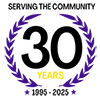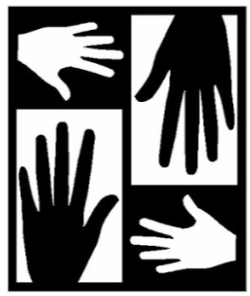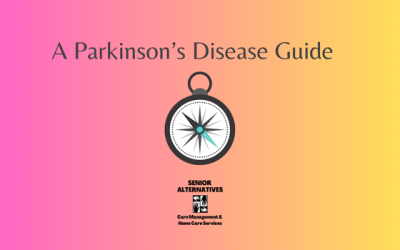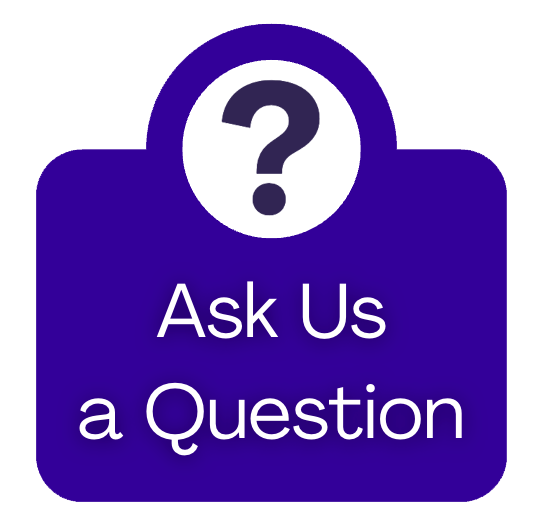October 23, 2016

As we age, the number of medications we take is likely to increase. According to the Center for Disease Control, five out of six persons 65 and older are taking at least one medication and almost half of the elderly population takes three or more. This is because the aging process makes us more susceptible to medical conditions which are often treated with medications.
As Care Managers, we frequently meet older adults who are not taking their medications as prescribed. It is estimated that 30% of hospital admissions of older adults are attributed to medication mismanagement.
Some factors that may make the elderly more at risk for medication mismanagement include:
1) Memory loss or not being able to organize when medications should be taken.
2) Too many different medications to track.
3) Not understanding what the medication is for or how it should be taken.
4) Physically not being able to pick up, open, or swallow the medication.
5) Age related changes to the body. As our bodies change with age, the way we process medications also changes.
How to ensure that your loved one is taking medication properly:
It is essential that the older adult have an advocate (like a family member or friend) or a Care Manager accompany them to their appointments and be an accurate reporter and note keeper.
The Care Manager can also be responsible for:
- Tracking current and past medications and medical history.
- Asking questions about side effects and pros and cons of medications.
- Asking specific questions about taking the medication.
- Coordinating a recurring refill schedule with the pharmacy.
- Coordinating medication reminders and assistance with caregivers.
Senior Alternatives is here to answer questions about medical mismanagement or any other care-related concerns you may have. It is never too early to seek the advice of a Home Care and Care Management agency, especially when it comes to something as important as your elderly loved one’s health.
It is essential that the older adult have an advocate (like a family member or friend) or a Care Manager accompany them to their appointments and be an accurate reporter and note keeper.
Related Articles
Boost Cognitive Function Through Brain Exercises
Just like the rest of your body, your brain changes and adapts over time. Through a concept known as neuroplasticity, your brain can form new connections, strengthen existing ones, and even recover lost abilities. Regular mental exercises can have a significant impact on your brain health. Read on to know more…
Why People in Blue Zones Thrive and Live Longer
Blue Zones are regions where people live longer, healthier lives compared to the global average. These areas have been studied extensively to find common denominators and answers about what makes these places unique. One of the key components of these lifestyles is community engagement, or having a strong sense of belonging and support from others. Read on to know more about Blue Zones and how we can duplicate their lifestyle and best practices.
Understanding Parkinson’s Disease
April is Parkinson’s disease awareness month, with that in mind we put together a blog





